James Cropper, the global market leader in advanced materials and paper products, today announced that it is now possible to recover and use cotton fibres from the UK’s polycotton waste stream and transform them into paper.
As the fourth largest producer of textile waste in Europe, the UK generates over 200,000 tonnes of textile waste annually, with a mere 10% being recycled and up until now, only pure cotton has been able to be used in papermaking.
In response, James Cropper, known for its groundbreaking innovation in material solutions, has devised a revolutionary process – with a published patent.
The successful pilot project, funded by Innovate UK, saw polycotton waste sourced from the UK’s commercial laundries. With bed sheets currently only used 10 times before being incinerated, the hotel industry has been searching for a sustainable solution, making them the perfect partner.
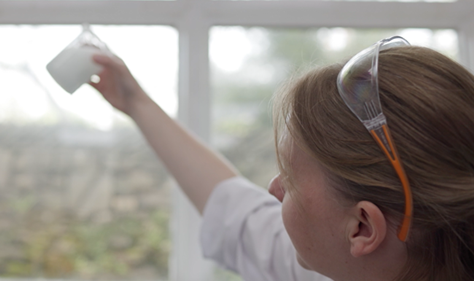
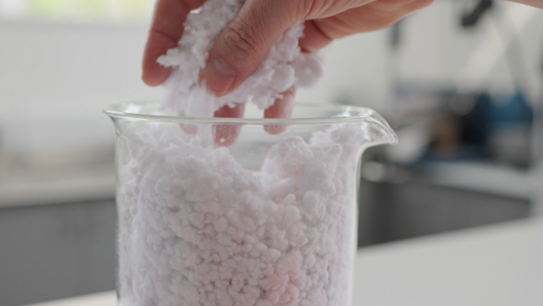
Currently, many of the ways to reclaim polyester and cotton use aggressive chemistry. Instead, James Cropper began to explore a more sustainable approach to separate cotton and polyester within used white bed sheets that also avoids a destructive effect on the fibres.
Not only an industry first, but a world first, the early lab trials have shown promising results, with up to 98% of cotton fibres successfully recovered.
Joanne Storey, R&D Programme Lead at James Cropper and one of the inventors of the process said, “At James Cropper we love a challenge and providing a sustainable solution to the waste generated by the UK textile industry was just that.”
Upon completion of this project, the intention is to scale the process, identify collaborators and evaluate wider industry implementation.
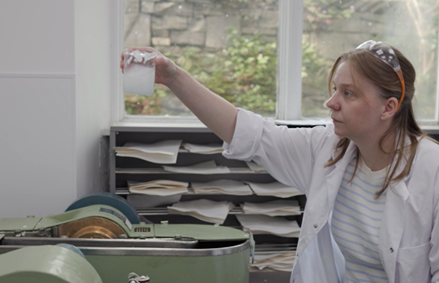
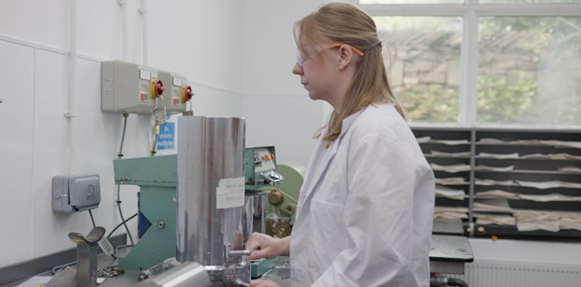
Storey adds, “Low-value waste materials such as hotel bed sheets can now become valuable, recyclable paper-making fibres. And our ambitions don’t stop there. We want to explore how this regeneration technology could transform supply chains of a range of industries.”
James Cropper’s ultimate goal is to create a sustainable closed-loop system that diverts textile waste from landfills and incineration, contributing to a circular economy.
This technology is the latest of James Cropper’s initiatives to transform post-consumer waste. From Cupcycling, the world’s first technology to upcycle used coffee cups, to Rydal, the industry leading incorporation of used jeans into fully recyclable paper for packaging – transforming waste into beautiful paper is at the core of James Cropper’s commitment to sustainability.
Source: James Cropper

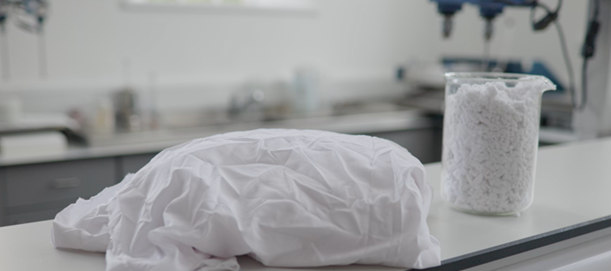
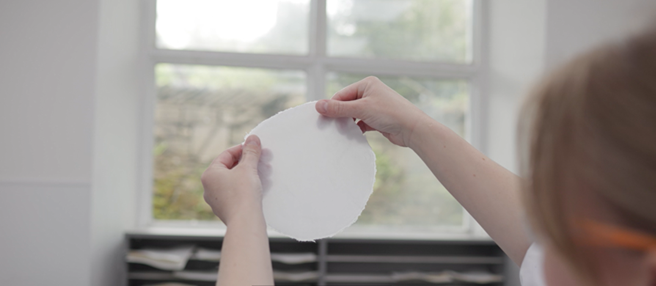
You must be logged in to post a comment Login